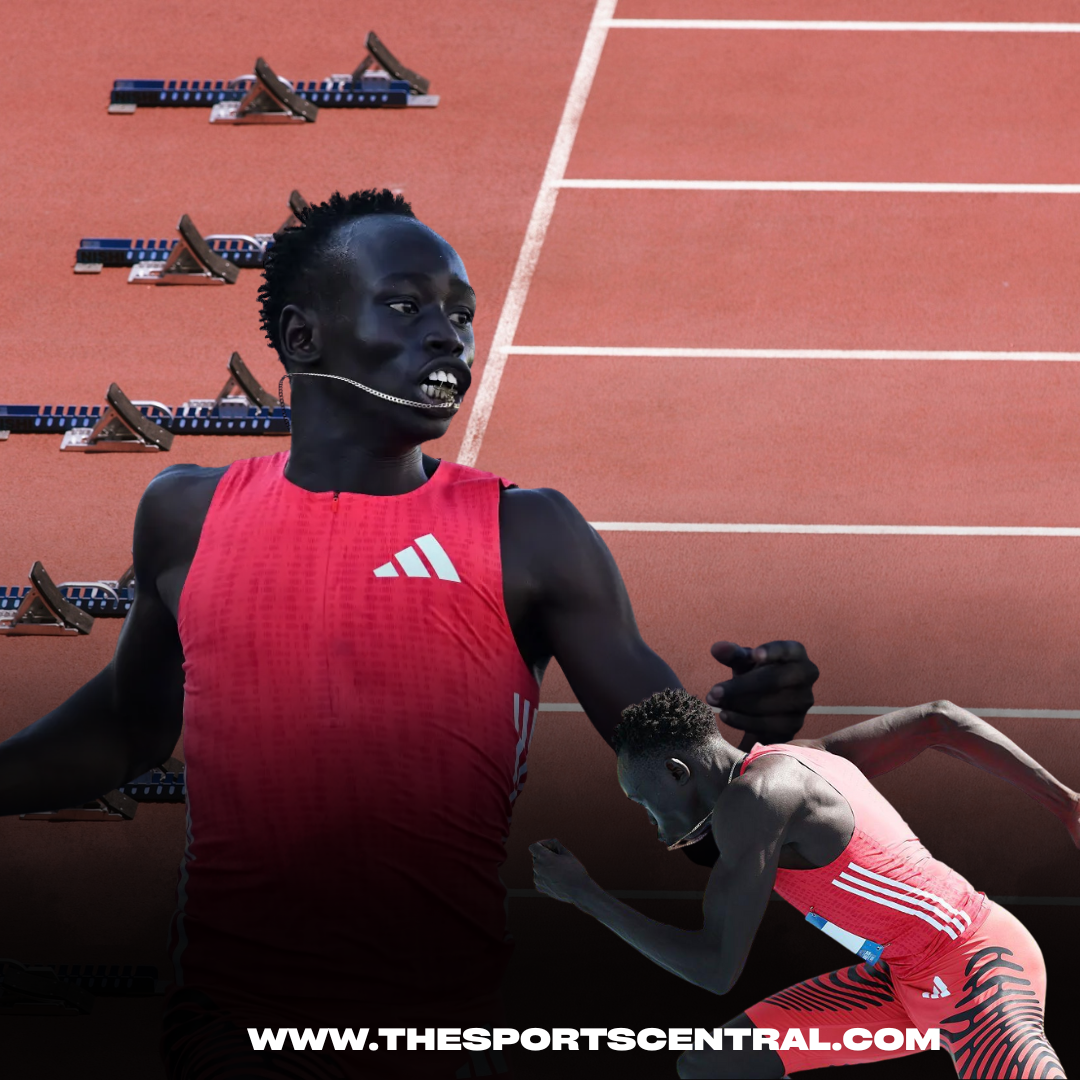The UEFA Women’s Euro 2025 has officially kicked off in Switzerland, marking a historic moment in the evolution of women’s football. The tournament brings together the continent’s top national teams in a month-long celebration of talent, resilience, and progress. Thousands of fans poured into the opening match venues, and millions more tuned in globally to witness the start of what promises to be a groundbreaking championship. With the host country Switzerland welcoming teams and fans across eight cities, this edition sets a new standard—not only in attendance and viewership but also in expectations for how the world perceives women’s football.
A Grand Opening With Grit and Glamour
Switzerland opened the tournament with a tightly contested match against Austria in Zurich, where St. Jakob-Park buzzed with chants, flares, and national flags. Swiss forward Alisha Lehmann led a fierce attack that energized the crowd, while Austria’s captain Sarah Puntigam anchored a solid midfield to keep the Swiss at bay. The match ended in a 1-1 draw, but it showcased the intensity and skill the tournament has to offer.
UEFA organized a stunning opening ceremony that featured Swiss cultural performances, fireworks, and a passionate speech from UEFA President Aleksander Čeferin. He emphasized the growth of women’s football, stating, “This is no longer just a tournament. It’s a movement. And it is here to stay.”
Skyrocketing Investment and Commercial Interest
Corporate sponsors have flooded in. Major brands like Nike, Visa, and Adidas have increased their financial commitments to women’s football this year, funneling millions into advertising, team gear, and player endorsements. UEFA itself allocated more funds than ever before for prize money, training facilities, and team support systems. For the first time, every participating national team receives an equal baseline payment, promoting fairness across the board.
Clubs and national associations now realize the economic power of women’s football. Stadiums have sold out weeks in advance. Streaming platforms and television networks paid premium fees for broadcasting rights. Merchandise sales, especially player jerseys and limited-edition boots, have already surpassed early estimates. Clearly, fans crave visibility and representation—and they’re willing to invest in it.
Players Speak Out—And the World Listens
Off the field, players continue to speak candidly about the pressures and inequalities they face. England star Leah Williamson, recovering from an ACL injury that kept her out of the 2023 Women’s World Cup, shared her frustration. “We need better injury prevention protocols, more scientific support, and most importantly—respect,” she said during a pre-tournament panel.
ACL injuries have plagued the women’s game disproportionately. Top players like Vivianne Miedema, Beth Mead, and Catarina Macario have all faced extended layoffs due to similar injuries. Medical professionals cite poorly tailored training programs, lack of rest periods, and insufficient access to specialist care as reasons. Several national teams now include injury prevention specialists, sports psychologists, and even menstrual cycle trackers to optimize player health.
Battling Sexism and Shaping Identity
Sexism still lurks in the shadows. Critics online and in some media outlets question the value of the tournament, often comparing it unfairly to the men’s game. However, players refuse to back down. Spanish midfielder Aitana Bonmatí addressed this directly during a press conference: “We’re not the ‘women’s version’ of anyone. We are world champions. Full stop.”
National football federations responded. Norway’s team received praise for refusing to wear white shorts—citing period concerns—and working with kit manufacturers to design more inclusive uniforms. Germany partnered with psychologists to help players handle online abuse. Italy and the Netherlands launched social media campaigns with the tagline “Respect the Game,” aiming to shift public narratives.
In a landmark moment, UEFA announced new guidelines to protect players from online harassment. Teams now receive direct access to reporting tools, legal counsel, and real-time moderation support for athletes’ social media pages. This support system helps players stay mentally focused and emotionally protected during the tournament.
Record-Breaking Audiences and Global Buzz
Opening day statistics broke records across the board. Over 25 million viewers watched the first match globally, setting a new benchmark for any UEFA Women’s Euro broadcast. Switzerland reported that hotel bookings, public transport usage, and local tourism revenue surged by over 40% in cities hosting games.
Social media also exploded with activity. Hashtags like #WEURO2025 and #ShePlaysSheRules trended across Twitter and Instagram. TikTok creators posted behind-the-scenes videos from fan zones, team buses, and locker rooms, giving the public unprecedented access to the tournament’s energy.
BBC and ARD/ZDF (Germany) reported viewership levels rivalling major men’s international fixtures. This validates years of advocacy from women’s football pioneers who pushed for better marketing, primetime slots, and wider exposure. Fans from Africa, the Americas, and Asia also followed the tournament, proving that women’s football holds global appeal—not just regional relevance.
A Platform for Change
UEFA partnered with UN Women and Amnesty International to promote inclusion, gender equality, and LGBTQ+ rights. During halftime shows, stadium screens projected short films showcasing female trailblazers across history. Teams also wore armbands in solidarity with human rights causes. France’s coach, Corinne Diacre, stated, “This is more than football. It’s a stage to inspire, to educate, and to change minds.”
Meanwhile, grassroots programs launched across Switzerland. Children’s football academies received UEFA funding to support girls’ training programs, mentorship events, and mixed-gender tournaments. Swiss captain Lia Wälti personally visited youth camps to share her journey and inspire young players.
The Road Ahead
The group stage promises high-voltage matchups. Defending champions England will face Sweden in a blockbuster rematch of their 2022 semifinal. France meets Spain in what many already call a “mini-final.” Germany, still reeling from an early World Cup exit in 2023, seeks redemption under new coach Nadine Kessler.
Analysts predict tactical evolution in this edition. Teams rely less on raw physicality and more on fluid formations, high pressing, and positional flexibility. Italy introduced a 3-2-4-1 shape. Spain emphasizes quick triangular passing with midfield rotations. These tactical innovations show that the women’s game evolves rapidly and independently.
Final Thoughts
UEFA Women’s Euro 2025 does not just entertain—it provokes thought, inspires young athletes, and challenges the status quo. It shouts into the void that women’s football is here, and it refuses to shrink back into silence. As the tournament unfolds, fans can expect breathtaking goals, fierce rivalries, emotional breakthroughs—and moments that will rewrite football history.
Switzerland may serve as the host, but the world watches with anticipation, passion, and a growing sense that this tournament could change everything. And the players? They’re ready to rise.










